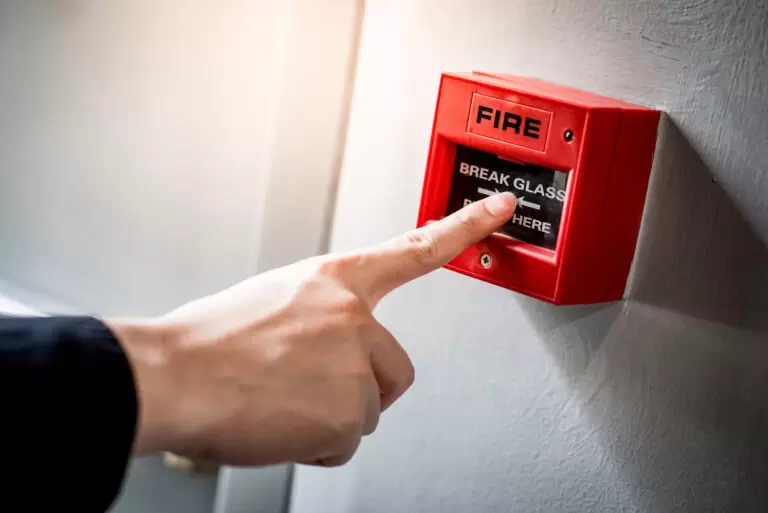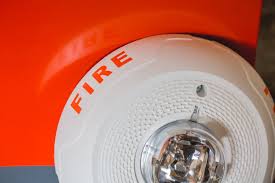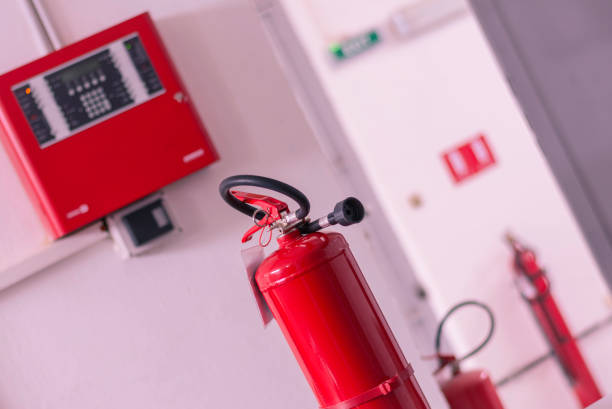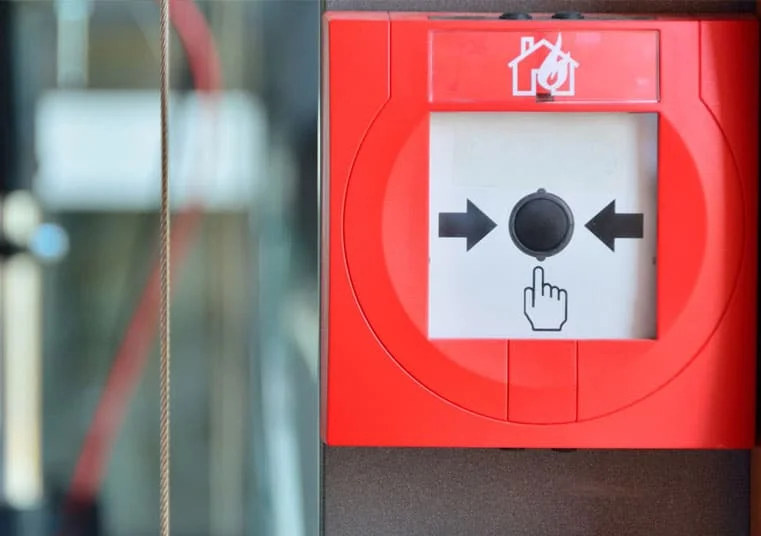commercial fire alarm system cost
Even if a fire station does not provide direct replacements, they may offer resources on where to obtain fire alarms, how to install them properly, and best practices for maintaining fire safety in the home. Additionally, non-profit organizations and local government programs often provide free smoke alarms and installation assistance to those in need, reinforcing the importance of fire safety for all members of the community.
Standard fire alarms are designed to detect smoke or heat, but they do not detect carbon monoxide (CO) unless they are specifically designed for that purpose. Carbon monoxide is a colorless, odorless, and tasteless gas that can be deadly when inhaled in large quantities. To detect CO, households need carbon monoxide detectors, which are separate devices or combination smoke and CO alarms. These combination alarms provide protection against both fire and CO poisoning, making them a practical choice for home safety. CO detectors should be placed near sleeping areas and any fuel-burning appliances, such as gas stoves, water heaters, and furnaces. Some states and municipalities require CO detectors by law, especially in homes with gas appliances or attached garages. Unlike fire alarms, which detect visible smoke particles, CO detectors use electrochemical or biomimetic sensors to identify dangerous CO levels. Regular testing, similar to smoke alarms, is necessary to ensure functionality. Installing both smoke alarms and carbon monoxide detectors is essential for complete home safety, as each serves a distinct but equally important purpose.



